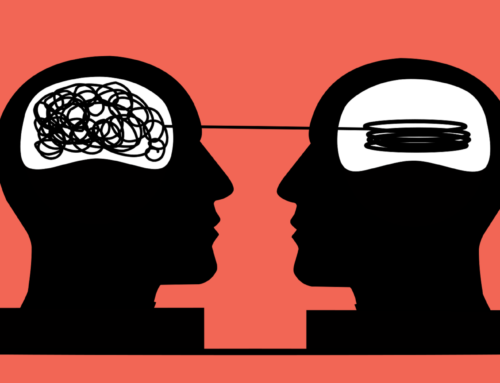Parents play a key role in helping children develop good mental health. It is important that parents support and encourage positive mental health habits in children from an early age, and continue encouraging positive mental health behaviours during adolescence. These positive habits will support young people’s health and wellbeing in all life domains into the future.
Build a Strong Foundation
Parents can help children and young people build good mental health habits by supporting them to:
• eat well, get plenty of sleep and be active
• discover activities they enjoy
• find ways to express their feelings
• develop healthy ways to relax and unwind
• understand that drinking or taking drugs doesn’t solve problems
• deal with problems as they arise rather than let things build up
• be aware of their ‘self-talk’
• set appropriate limits and understand about risks
• find accurate information that can help them make good decisions
• have realistic goals.
When parents are warm and loving, set appropriate limits and find the positives in their young person, it helps build good mental health.
Help Young People be Connected
Some of the most important developmental tasks of adolescence are achieved through connecting with others. Things like defining who they are, finding purpose and where they belong are worked out through engaging with others, forming and expressing their ideas and trying new things.
Parents can support young people by helping them:
• be involved in social and family activities
• establish friendships and peer groups
• have more than one group of people to talk to, e.g. family, friends, sport teams, hobby groups
• find safe adult mentors who can assist them to work out what is important, bring new experiences into their life and help them pursue their interests and passions.
Talk With Your Young Person
Some young people can find it hard to talk with parents about difficult things. It can help for parents to:
• spend regular one-on-one time with their young person to build the relationship. Choose places or activities where both are at ease and which make it easy to talk
• tell them they care and will always be there for them
• show they’ve noticed how their young person is feeling, e.g. ‘You seem really upset lately’
• ask open-ended questions, e.g. ‘I wonder if there is something troubling you’ or ‘How are things for you at the moment?’ Listening to their answers and seeking to understand is better than giving advice or going straight to solutions
• acknowledge their young person’s emotions and show empathy by making comments like ‘I can see how that would upset you’, or ‘That must have been hard’
• encourage them to talk with other safe adults who can support them.
Understanding about adolescent development can help parents support their young person deal with all the changes. Knowing when to get help and how to take care of their own mental health are also important for parents.
This information is drawn from the Parent Easy Guide ‘Young people, feelings and depression’. Read the full Guide https://www.decd.sa.gov.au/sites/g/files/net691/f/parentingsa/peg71.pdf?v=1489965645
Parenting SA has over sixty Parent Easy Guides on a variety of topics for parents of children 0 – 18 years. Additionally, there are fourteen Guides for Aboriginal parents, and five in a range of languages for multicultural parents. View the full range of Parent Easy Guides at www.parentingsa.gov.au
VISIT THE PARENTING SA TABLE AT THE GENERATION NEXT SEMINAR IN ADELAIDE ON 28th JULY 2017
Image by Fernando from Unsplash







Leave A Comment